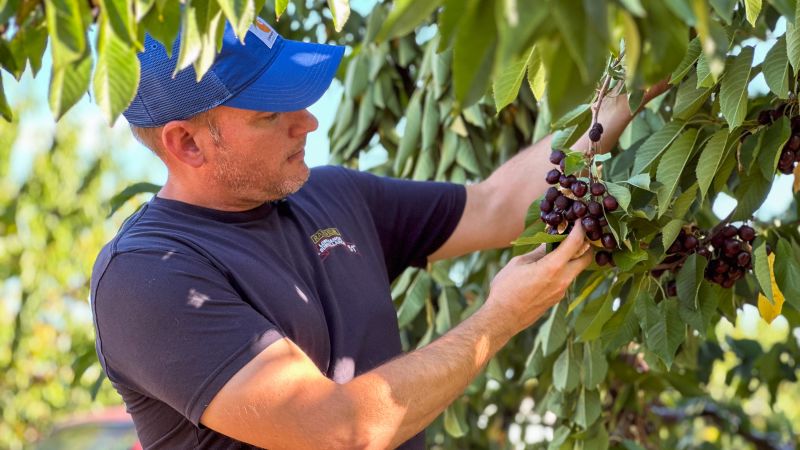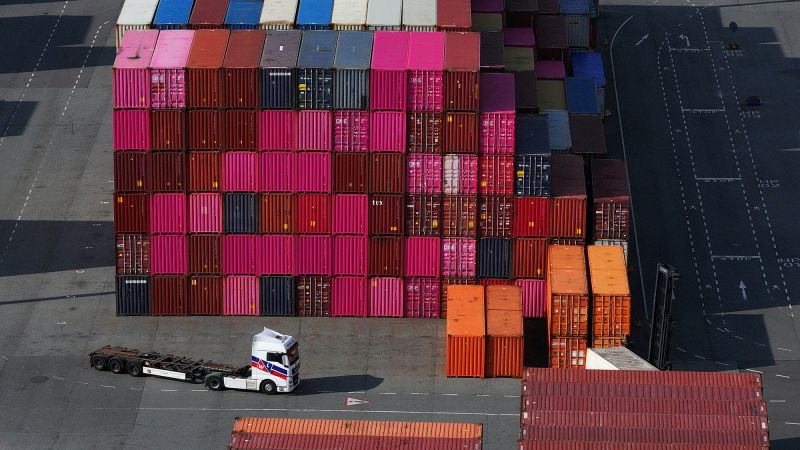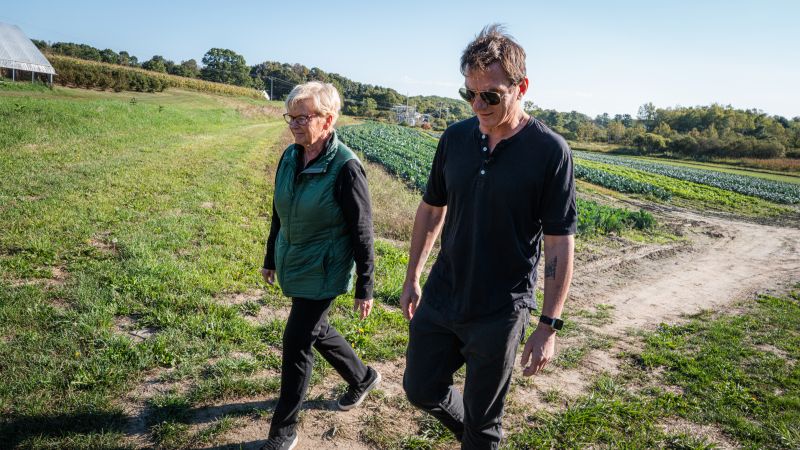
Challenges and Realities of Replacing Migrant Jobs in Agriculture
Opinion | 8/23/2025
A former teenage farm worker recently shed light on the challenges and realities surrounding the replacement of migrant jobs in the agricultural sector. Speaking on the condition of anonymity, the individual shared firsthand insights into the demanding nature of farm work and the implications of attempting to fill vacancies left by migrant laborers.
The former farm worker emphasized the physically demanding nature of agricultural labor, underscoring the long hours and strenuous tasks involved in the job. They highlighted the specialized skills and experience that migrant workers often bring to the sector, pointing out the difficulties in finding local replacements with comparable expertise.
In recent years, the agricultural industry has faced increasing pressure to find alternatives to relying on migrant labor. This shift has sparked debates on issues such as wages, working conditions, and the sustainability of the sector. The perspectives shared by the former farm worker offer valuable firsthand insights into the complexities of this ongoing transition.
Legal experts note that the reliance on migrant labor in agriculture has deep historical roots, with foreign workers playing a significant role in sustaining the industry for decades. The sudden absence of this workforce poses significant challenges for farmers and policymakers alike, raising questions about the future of agricultural production in the absence of migrant labor.
While some advocate for increased support for domestic agricultural workers and reforms to attract local talent to the sector, others warn of potential disruptions to food production and economic repercussions if migrant jobs remain unfilled. The perspectives shared by the former farm worker contribute to a nuanced understanding of the multifaceted issues surrounding the replacement of migrant labor in agriculture.


